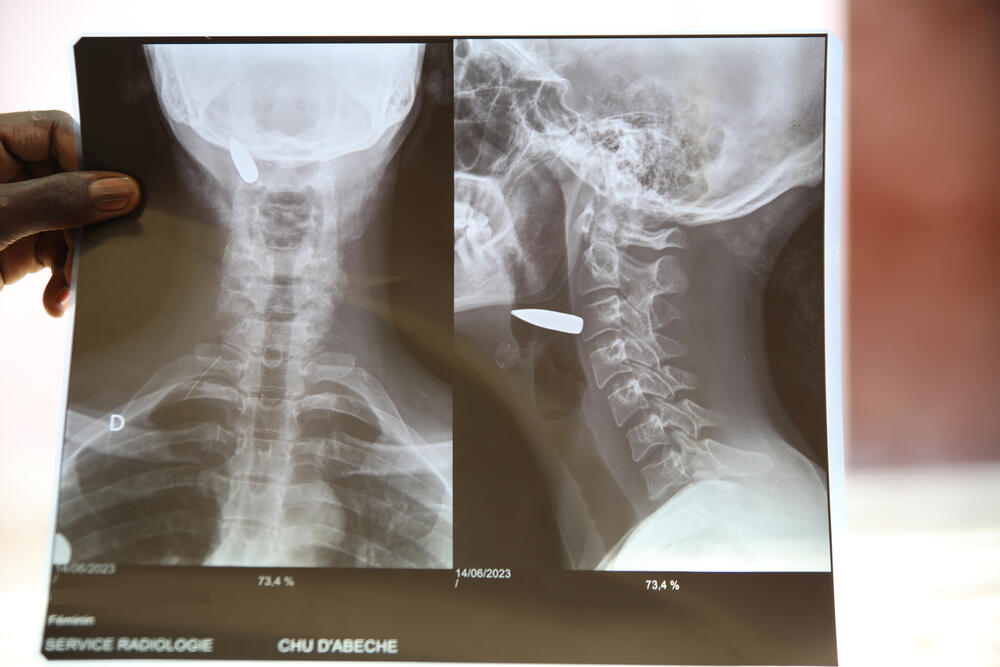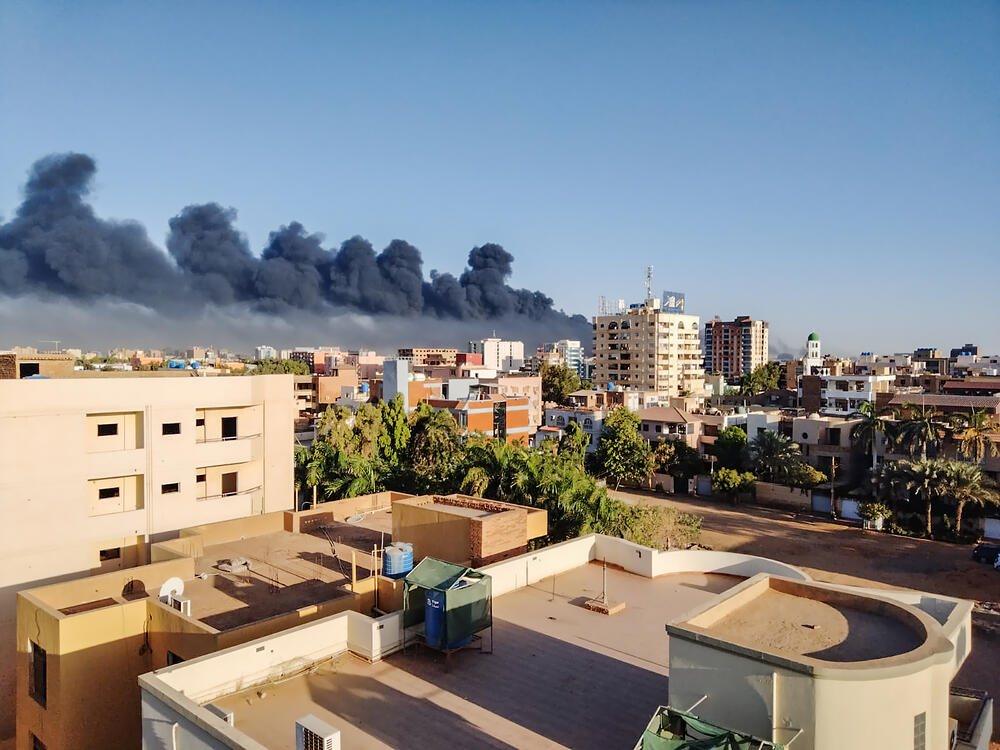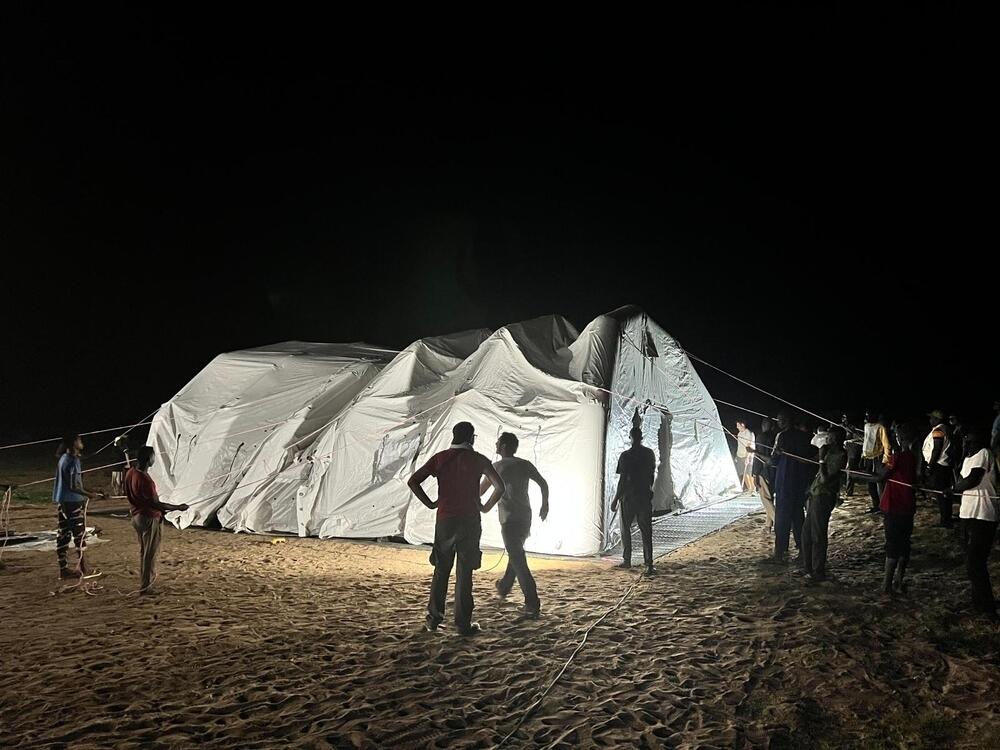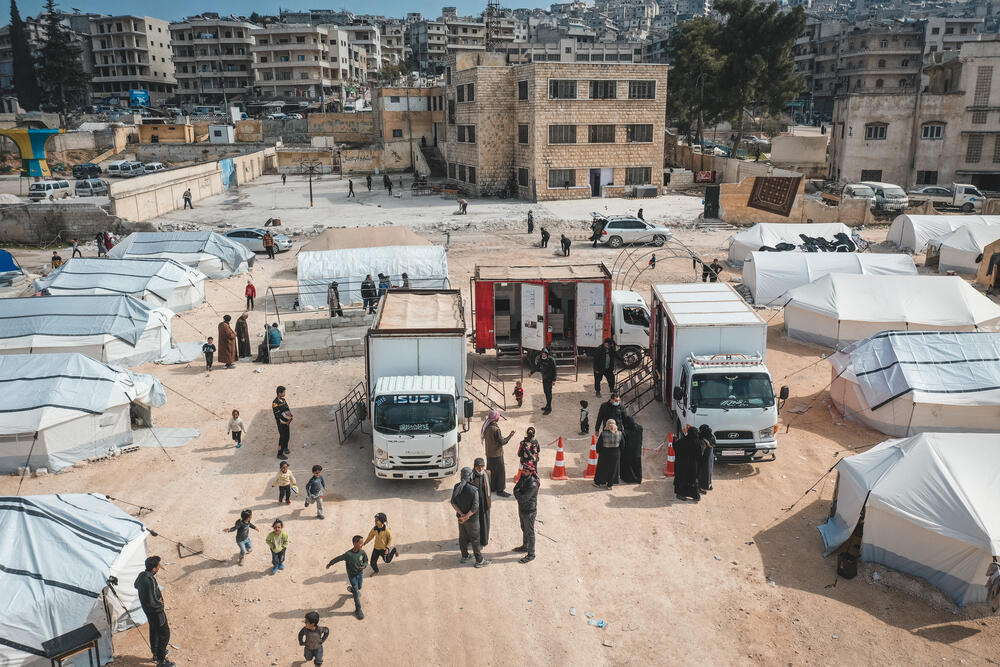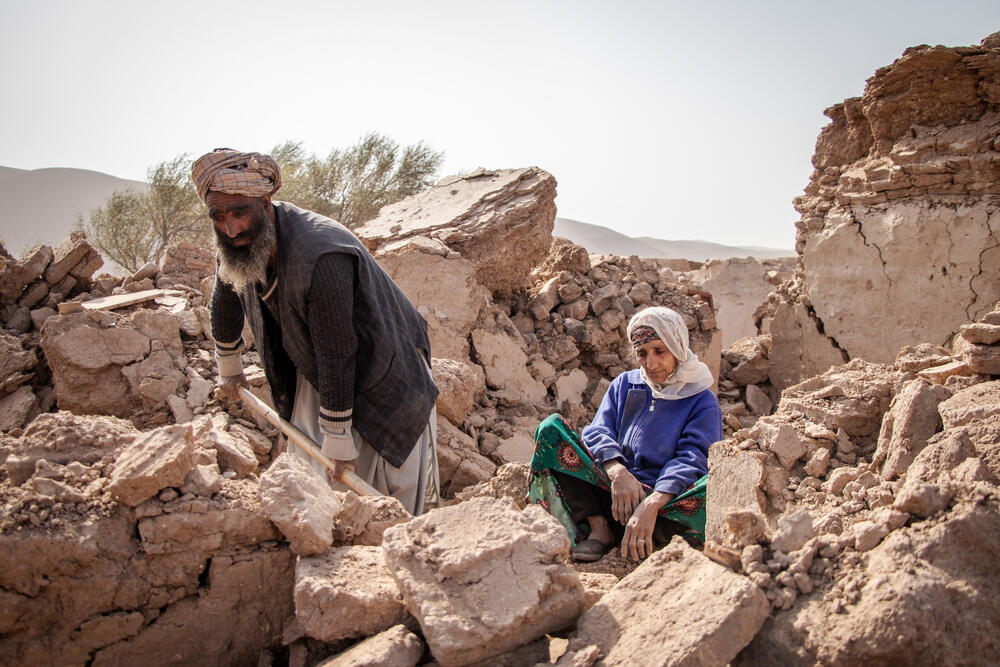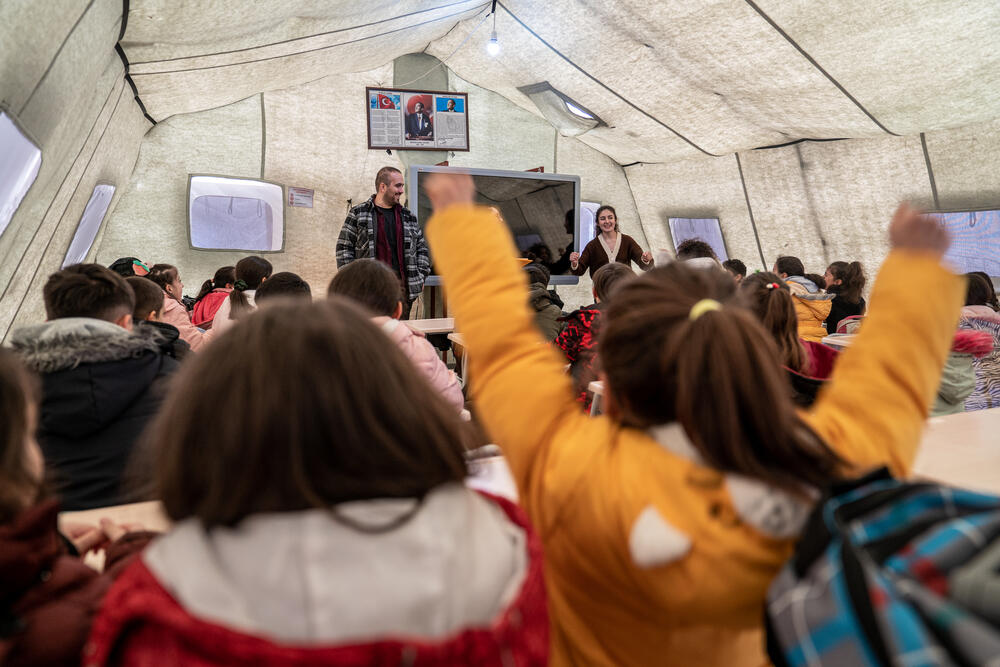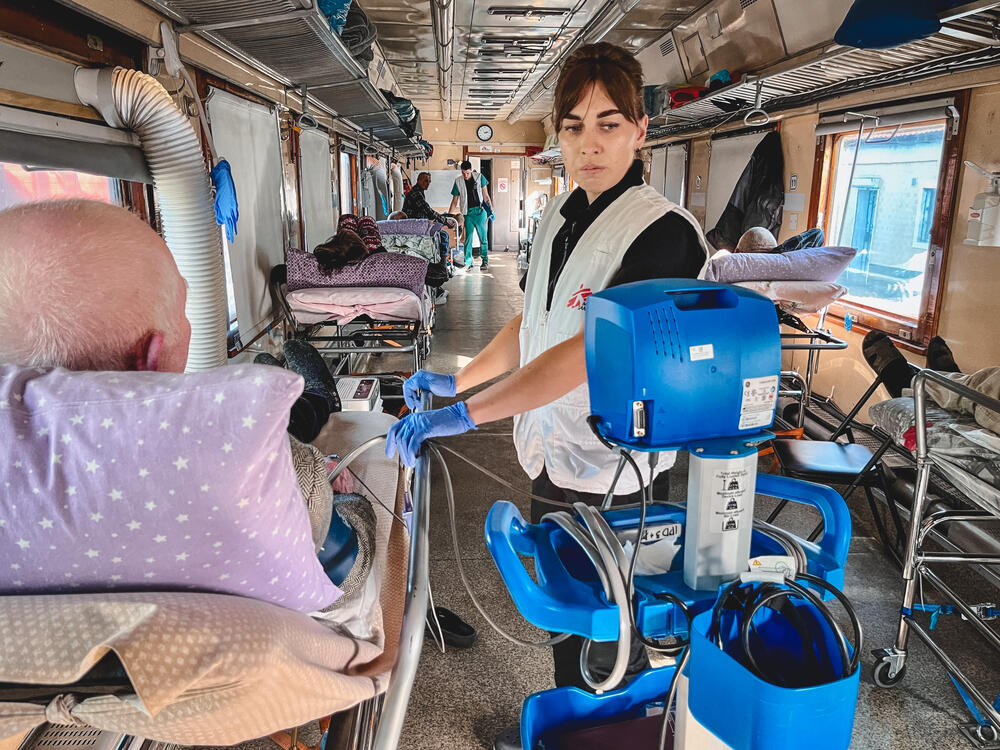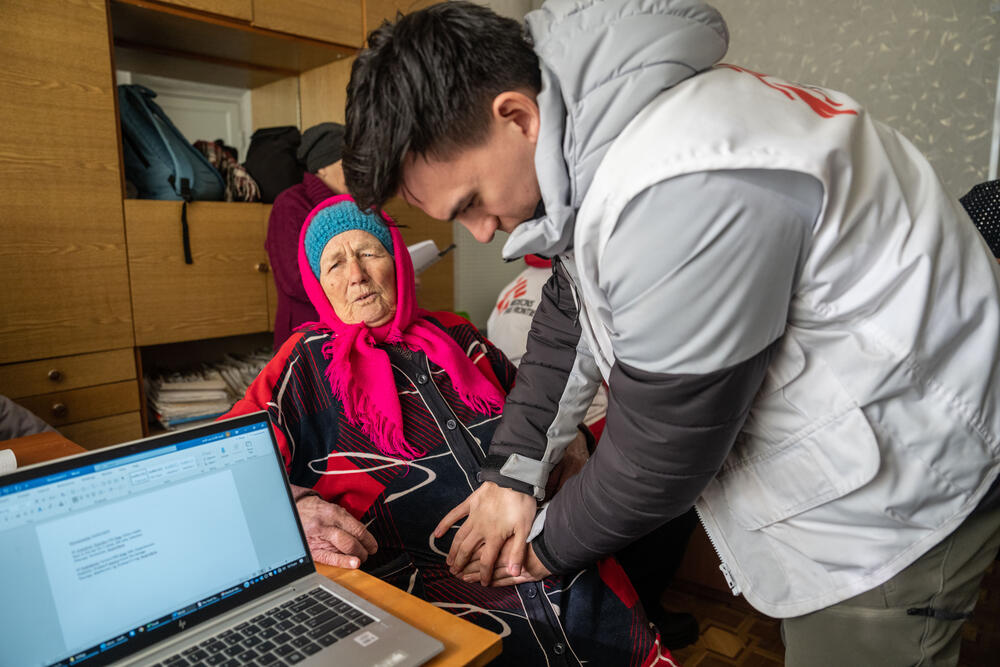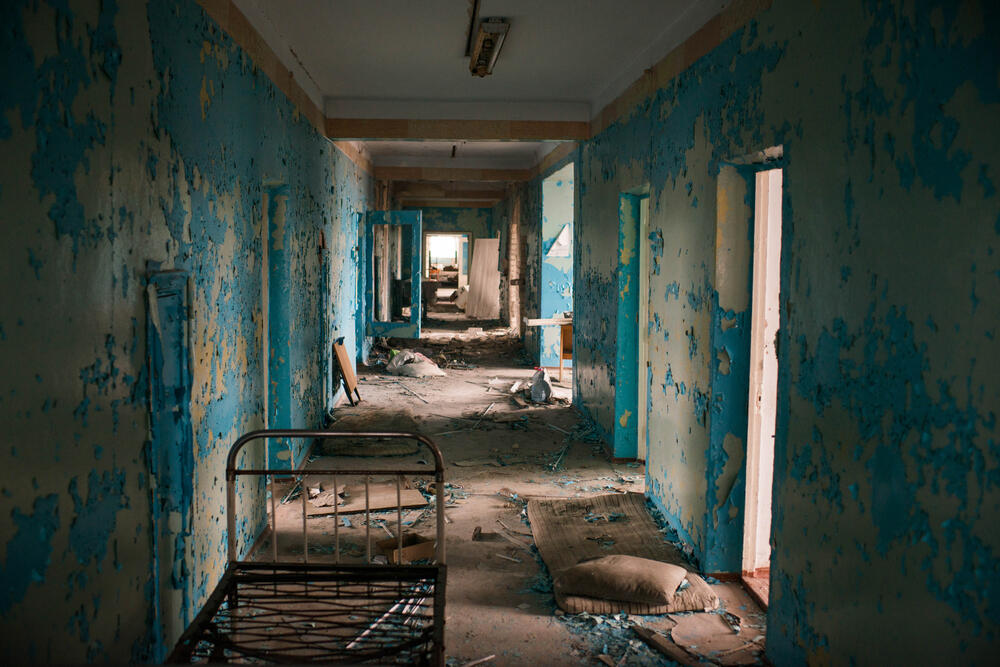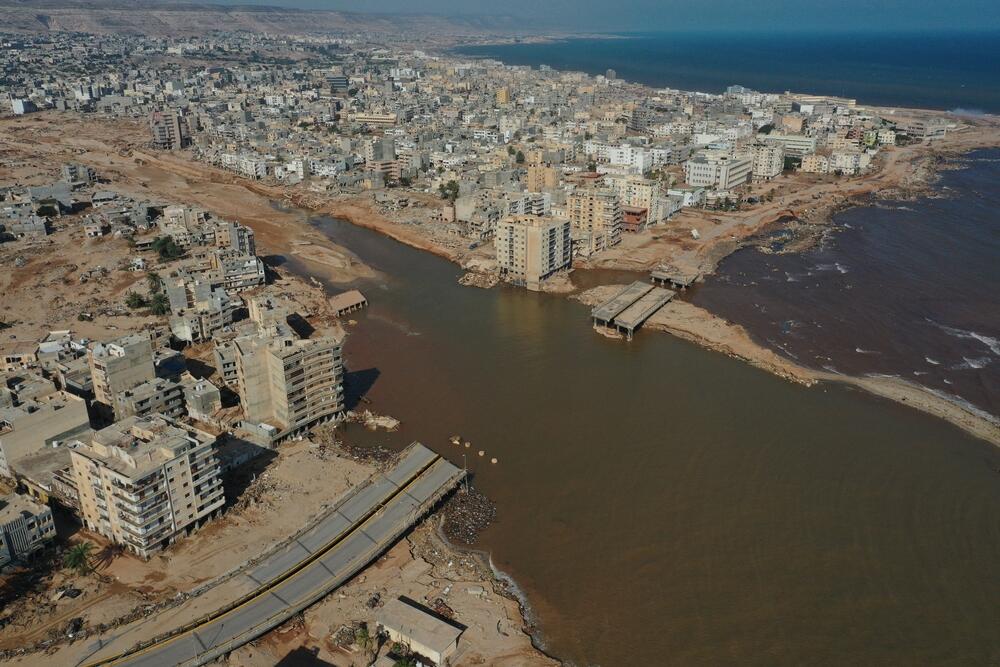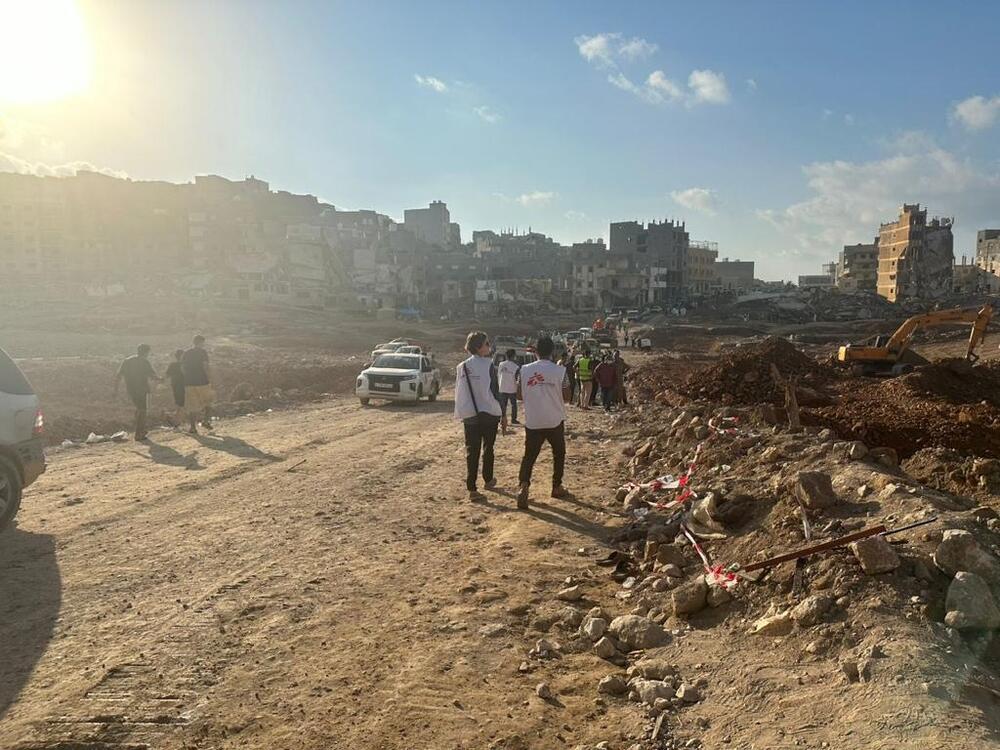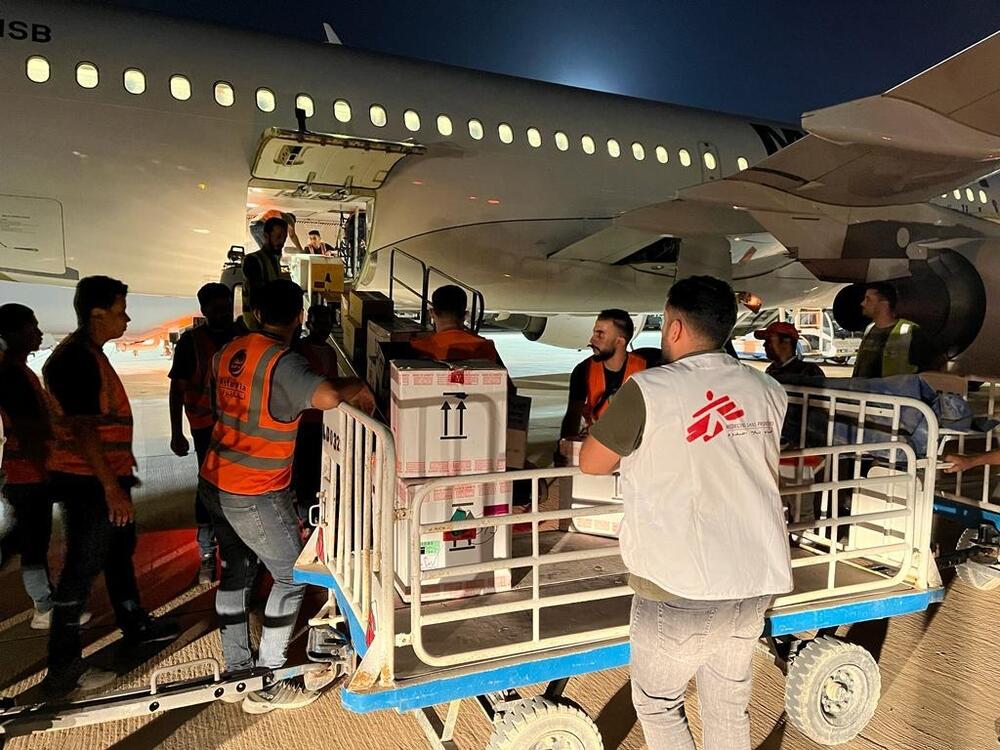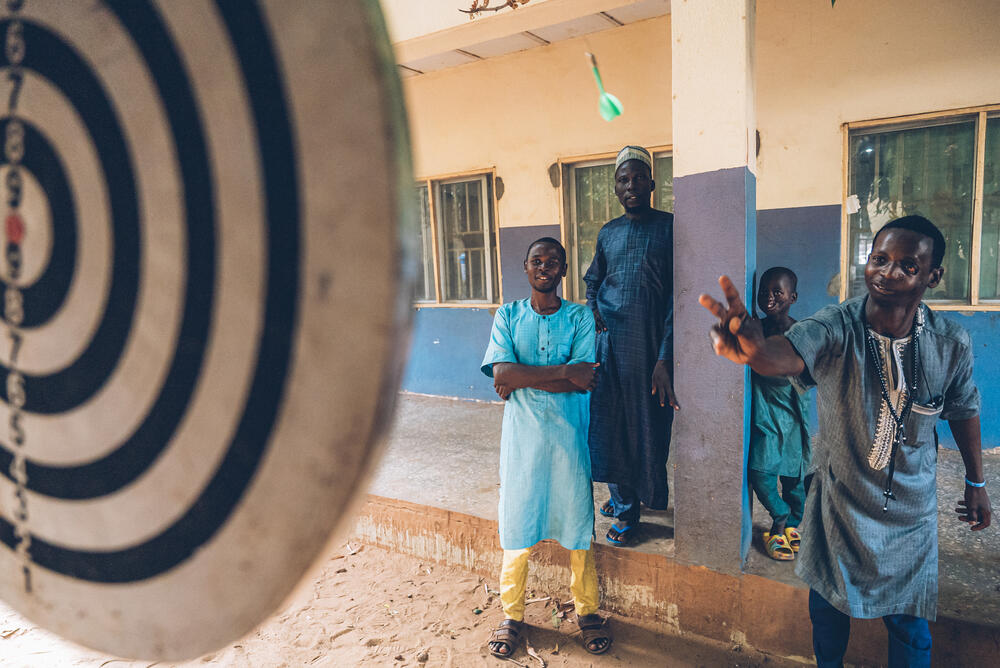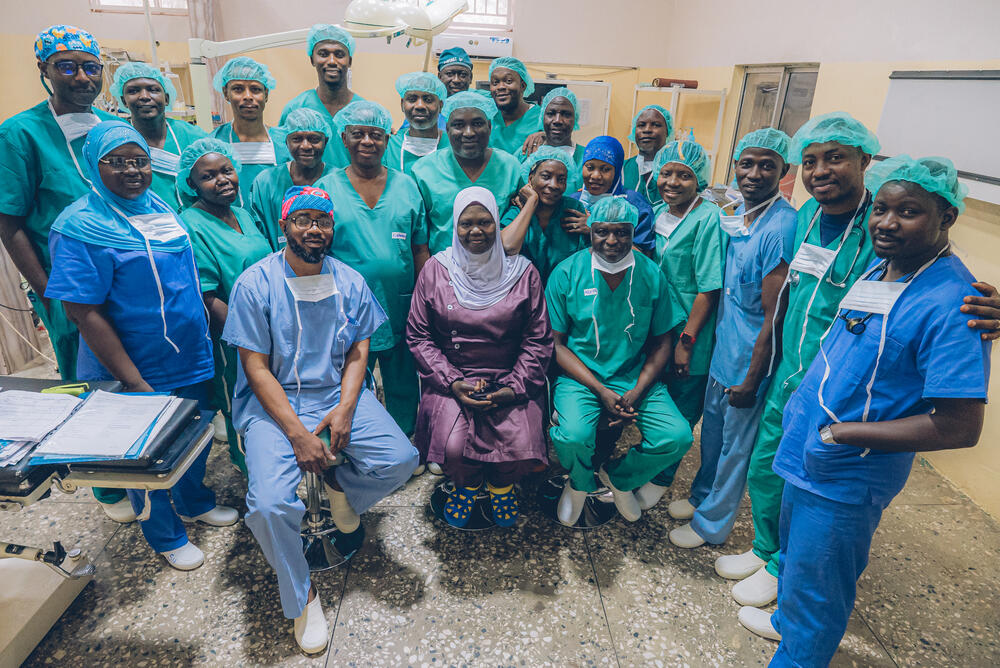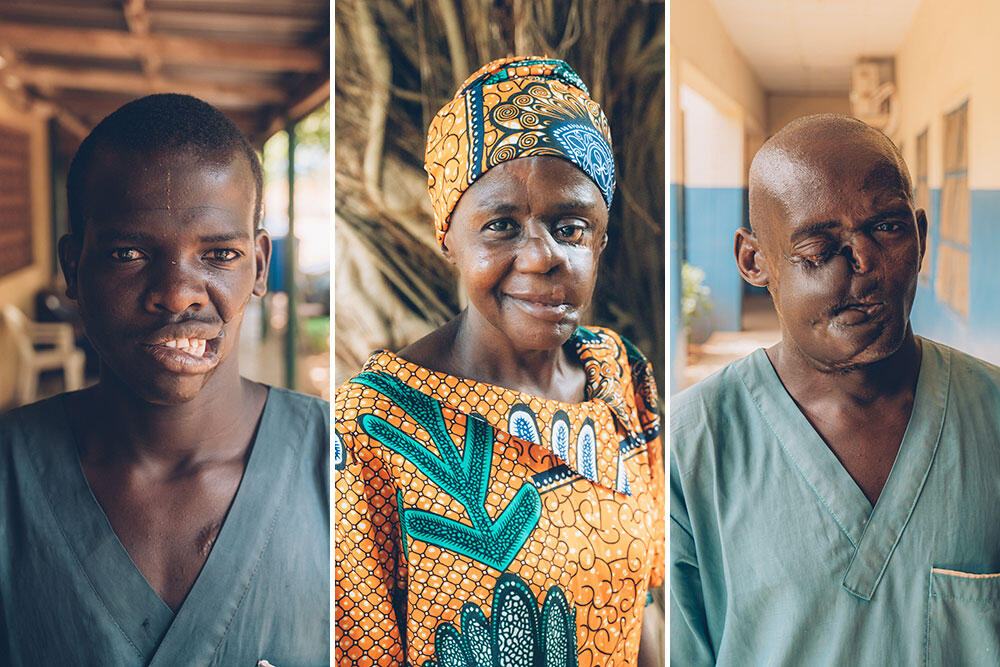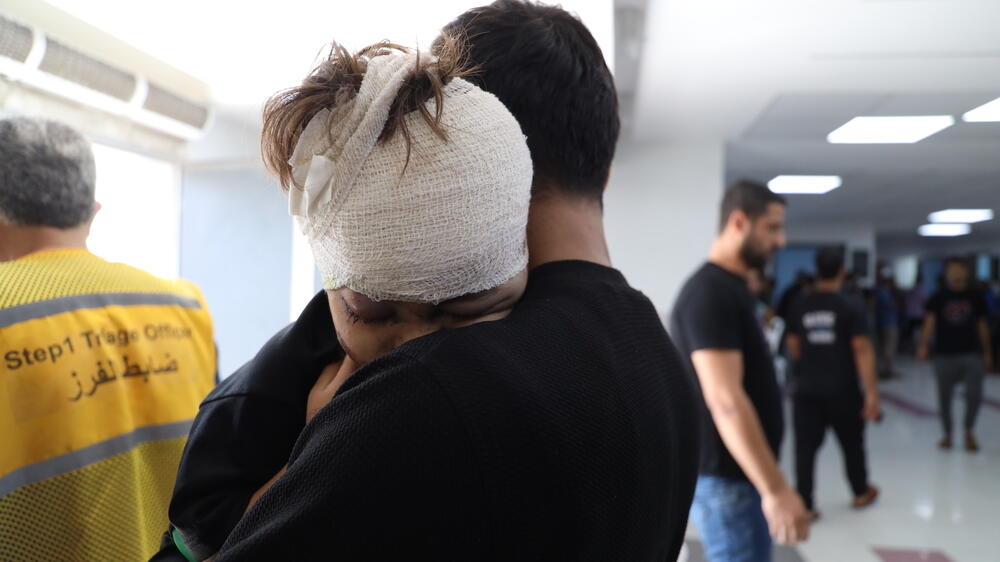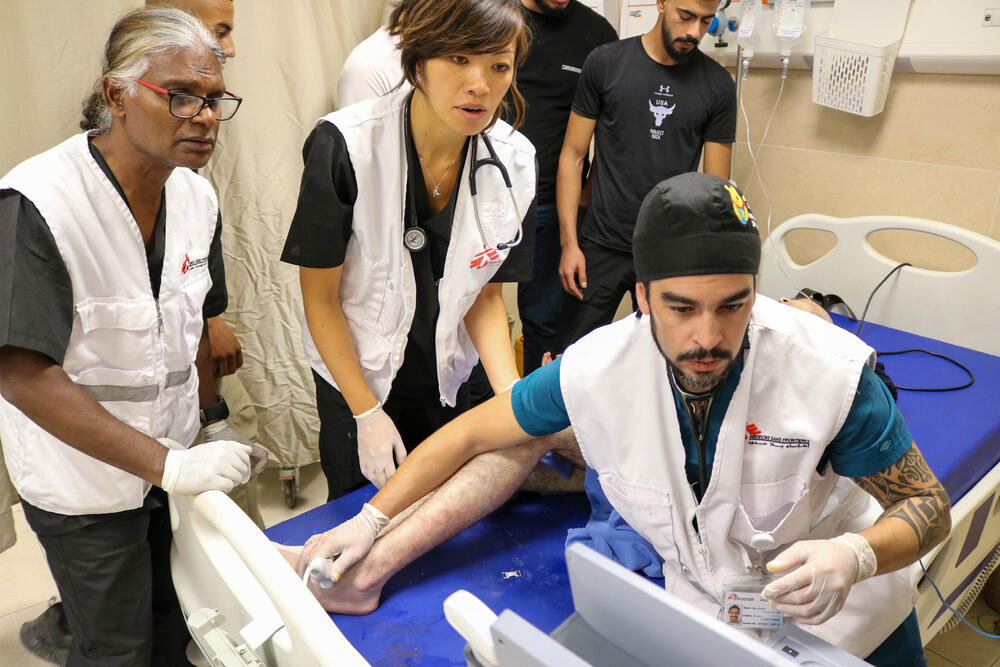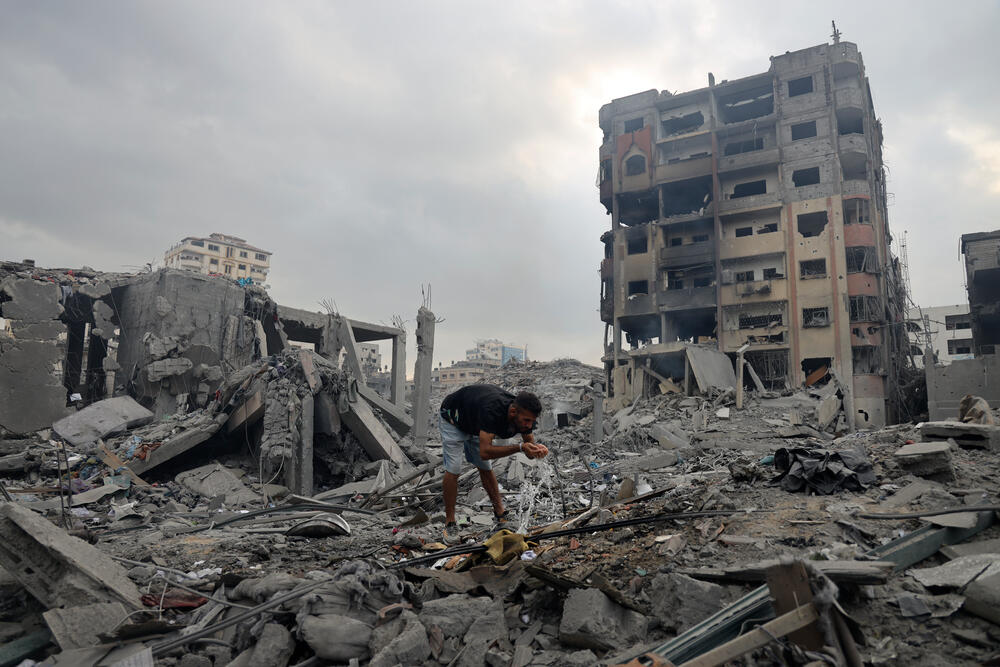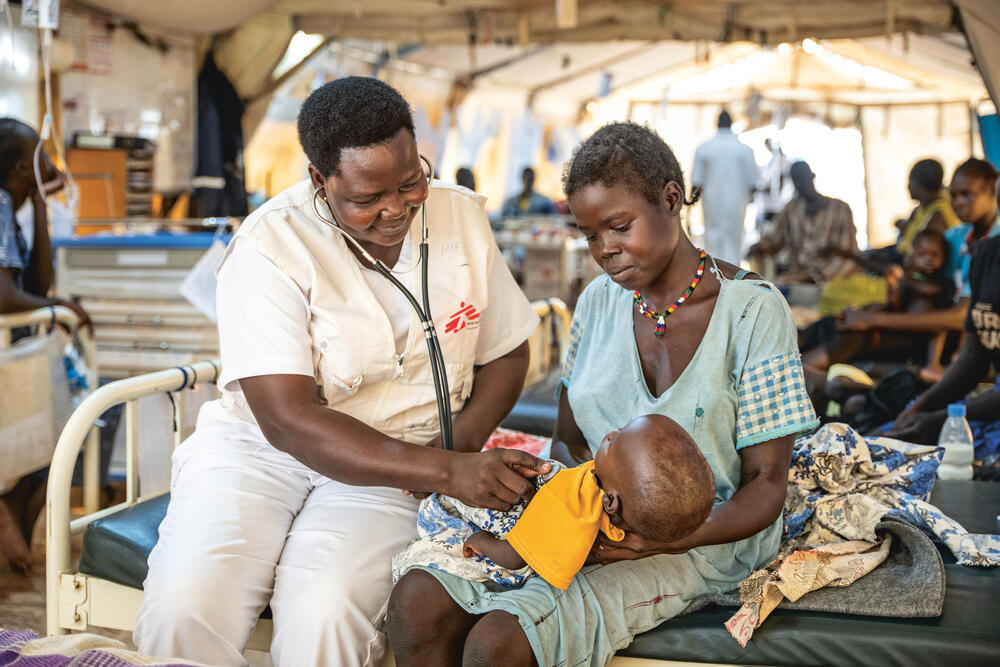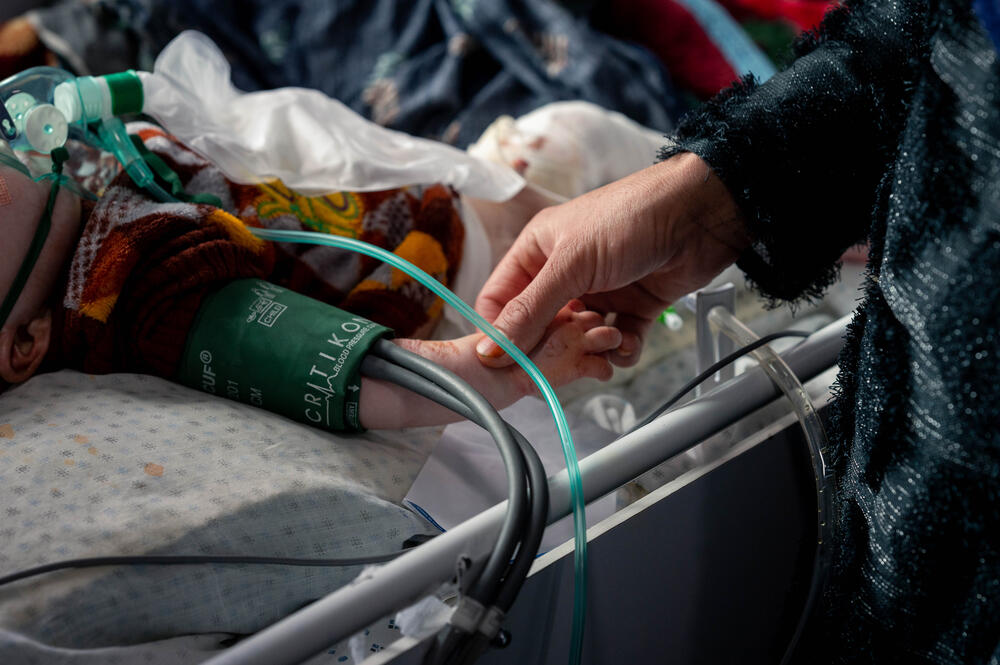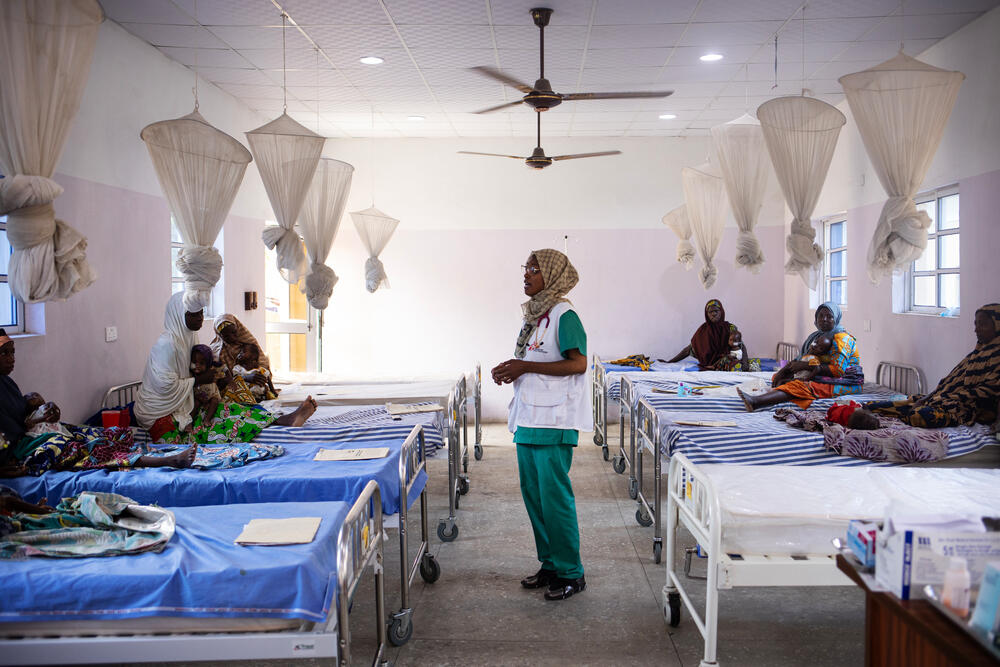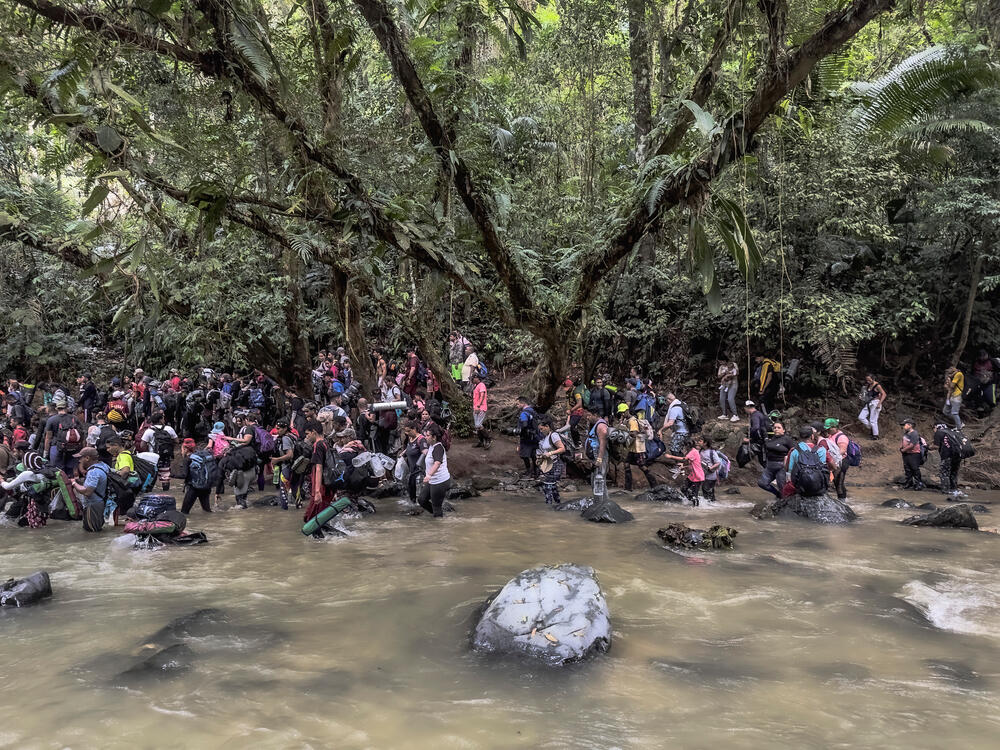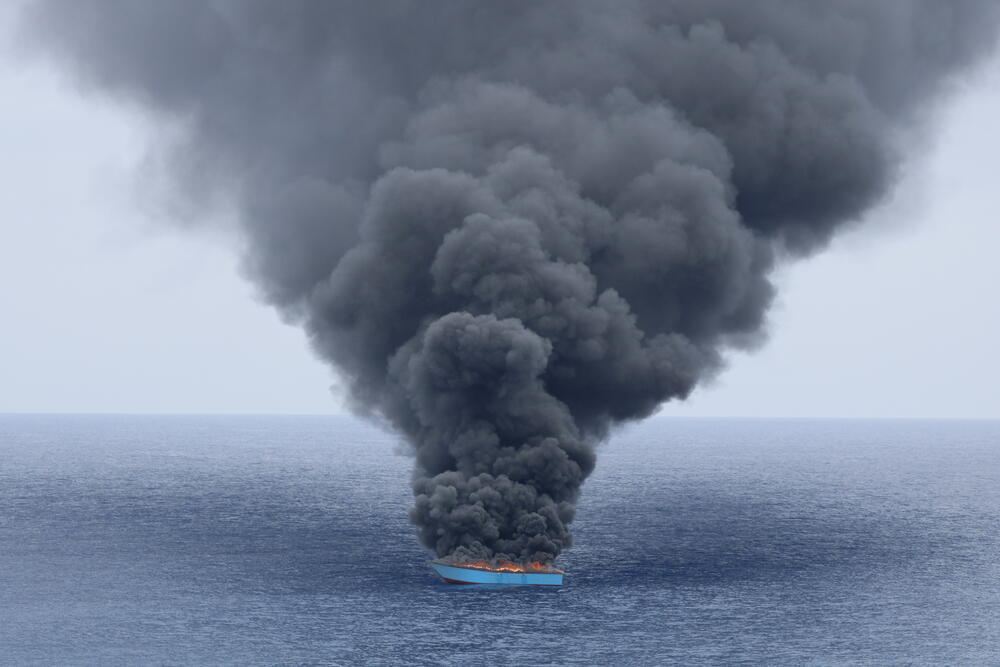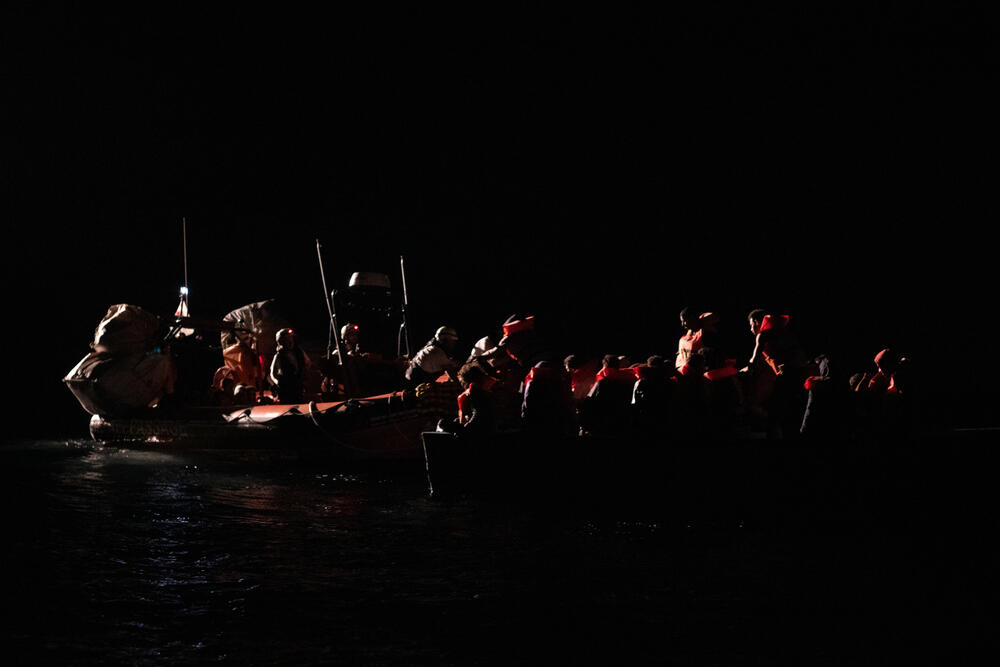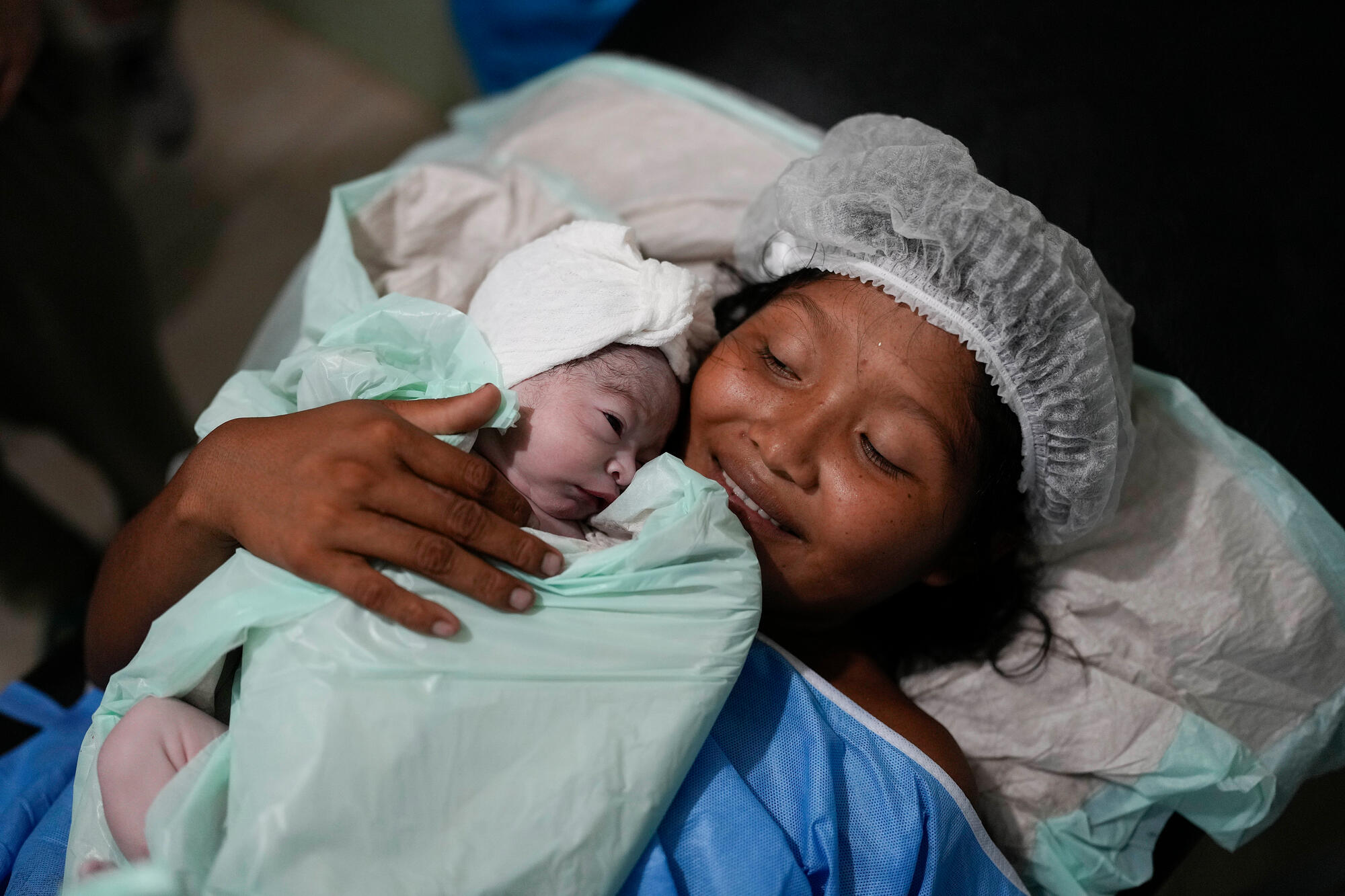
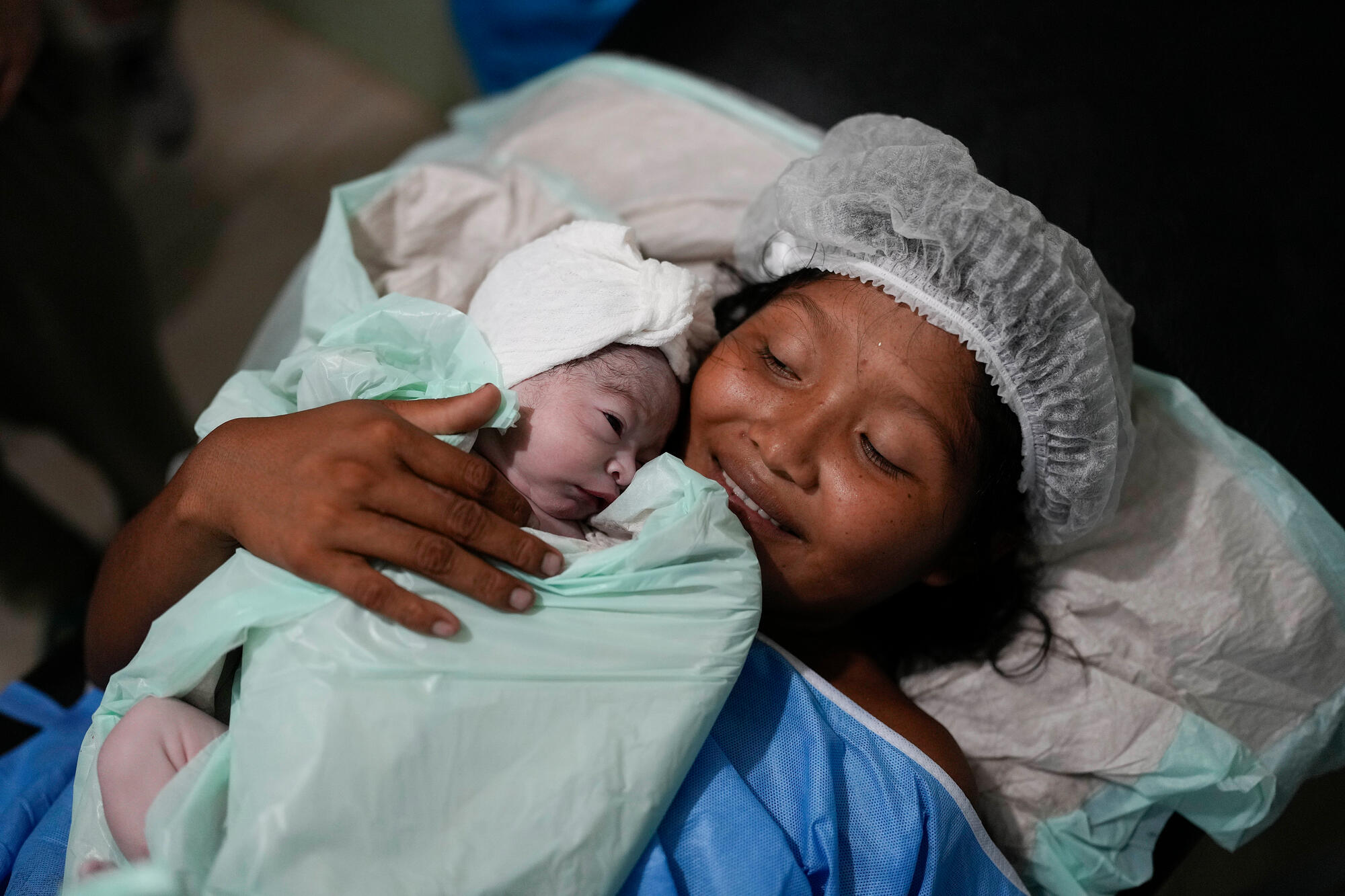
Eight moments that mattered in 2023
MSF's year in pictures


Throughout 2023, our teams have worked around the world to deliver medical aid to people in need. It is, sadly, a year that will be remembered as the date of two heart-wrenching humanitarian disasters.
In February, two major earthquakes hit northwest Syria and southeast Türkiye. The devastation and death that followed were on a vast scale. More than 55,000 people were killed. Our teams – already working in northern Syria – immediately began treating patients, delivering supplies and supporting survivors from those first chaotic hours.
Then, in October, the horrific attacks on Israel were followed by what has now become a humanitarian catastrophe in Gaza. In this part of Palestine, where our teams have run projects for years, MSF staff have continued to work in overwhelmed and under-fire hospitals to provide critical aid to people caught in indiscriminate strikes. It is work that is not without cost: several of our staff have lost their lives and many have lost loved ones. We reiterate our call for a ceasefire.
However, there are also emergencies that have slipped from the spotlight.
This year, we continued to support frontline hospitals and ambulance services in Ukraine. We ran specialist projects to treat the stark child malnutrition crisis in Nigeria, while in the Democratic Republic of Congo we helped people living through insecurity and a raging cholera outbreak. In Sudan, in an almost forgotten conflict, we provided trauma surgery and set up an inflatable hospital for refugees in neighbouring Chad. And, across the globe, we have helped deliver hundreds of thousands of newborns to mothers who had no other option for safe maternity care.
Behind each of these actions, there is something special: your support.
Because of you, in many places where there are vulnerable communities – those who are the most at-risk of humanitarian and healthcare crises – MSF teams are already there. Even when the cameras are not.
From everyone at MSF UK, and on behalf of our staff around the world, thank you. I cannot say it enough.
I wish you a safe, warm and welcoming festive season.
Natalie Roberts | MSF UK Executive Director
In pictures: Eight moments from 2023
1 | The crisis in Sudan
In April, intense fighting began to sweep across Sudan. The violence between the Sudanese Armed Forces (SAF) and the Rapid Support Forces (RSF) trapped millions in the crossfire – from rural communities to entire cities – as many fled their homes in desperate search of safety. Hundreds of thousands of refugees have since crossed the border into neighbouring Chad.
MSF projects already running in Sudan, such as El Fasher Hospital in North Darfur, began treating thousands of war-wounded people while we dispatched specialist trauma surgery teams to the capital, Khartoum. In Adré, a Chadian border town, we established a state-of-the-art inflatable hospital to treat the large numbers of refugees arriving, including hundreds with gunshot wounds.
2 | Earthquake response
This year has been marked by several astonishing earthquakes.
In September, we dispatched emergency teams to Morocco when a deadly earthquake struck the mountains south of Marrakech, killing almost 3,000 people and cutting off vulnerable rural communities. And again, in October, a series of rolling earthquakes hit Afghanistan, devastating the province of Herat where our teams had to evacuate children from the MSF-supported regional hospital. We set up hospital tents and sent teams and supplies to respond to the ‘mass casualty event’ that claimed at least 2,400 lives.
However, perhaps one of the most shocking single events of 2023 came in the early hours of Monday 6 February when two severe earthquakes hit northwest Syria and southeast Türkiye. A horrifying 55,000 people were killed as entire towns and cities were reduced to rubble while people slept in their beds. More than 10 months later, the effects are still being felt.
MSF staff already working in conflict-hit northern Syria responded immediately and off-duty staff rushed to their nearest medical facilities to help treat the injured. In the first two weeks after the disaster, our hospitals in northwest Syria treated over 7,600 people, we delivered emergency medical supplies to 38 hospitals and treated 5,600 survivors at mobile clinics held in reception centres and camps. In the aftermath, mental health needs became urgent, and we worked to help survivors process the events – for example, holding child psychosocial classes in Türkiye.
3 | Ukraine war
In 2023, the war in Ukraine began to fall from the headlines. However, the situation remains volatile and areas previously thought to be safe have suffered deadly and devastating missile strikes that have often targeted civilian infrastructure.
MSF teams have continued to support frontline hospitals in the east with training, supplies and much-needed ambulance services, while our specialist medical evacuation train has transported critically injured patients and their families to safety and care. A growing priority for our frontline teams has also been reaching patients with chronic illnesses (often the elderly or people with limited mobility) to ensure the continuity of their care and medication amid such insecurity.
4 | Libya flooding
In September, Libya’s port city of Derna was the scene of dramatic destruction when the arrival of Storm Daniel triggered the collapse of two dams. The extreme flooding that followed swept entire neighbourhoods into the sea and very literally split the city in two.
With at least 4,000 people killed, 33,000 displaced and highly challenging conditions, MSF dispatched an emergency team and immediately began shipping medical supplies to support healthcare centres. On the ground, our staff put mental health support and care of existing conditions at the centre of their response.
Support our expert surgical teams working in crisis zones worldwide
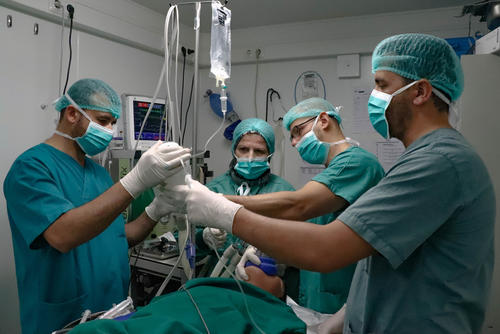
5 | Our transformative noma project
At Sokoto Noma Hospital, a pioneering MSF project in northern Nigeria, our staff continued to treat and support survivors of a little-known but devastating disease.
Noma is a completely preventable infection that mostly affects children under 10 years old who live in poor and remote parts of Africa. However, left untreated the consequences are stark. Up to 90 percent of patients die within two weeks without care, while the remaining 10 percent survive with severe facial disfigurements, pain and social stigma. Our surgical hospital in Sokoto is one of the few facilities in the world decided to treating the disease.
In a year of truly transformative work by the team, in June we shared the inspiring story of three survivors of noma who now work to help give something back and support a special community of patients.
Lastly, after years of advocacy by organisations including MSF, on 15 December, noma was officially added to the World Health Organization’s list of “neglected tropical diseases”. This important recognition will open up increased action and funding in the global fight against the condition.
6 | The Israel-Hamas war and the crisis in Gaza
The horrific 7 October attack by Hamas in Israel and the subsequent Israeli strikes on Gaza have developed into an unprecedented humanitarian disaster. The crisis has dominated the headlines for more than three months.
At the start of the crisis, MSF teams were already inside the Strip working to support the struggling healthcare system – including the four main hospitals. However, we have since faced extreme challenges including almost non-stop mass casualty events, low supplies and the deplorable attacks on hospitals, ambulances and healthcare staff. Many of our more than 300 Palestinian colleagues have lost their homes and loved ones. Some have lost their lives.
As border restrictions allow, fresh staff and supplies have entered Gaza to support the few remaining hospitals still able to function. Meanwhile, MSF teams in the Occupied West Bank have been treating the consequences of rising insecurity across the territory as the crisis has escalated.
MSF continues to call for an immediate ceasefire and the protection of healthcare personnel and patients.
7 | Malnutrition crises
Throughout 2023, in crisis zones including parts of Nigeria, Somalia and Afghanistan, we have worked to treat children at the crest of a deadly spike in global malnutrition rates driven by climate change, conflict and the cost of living.
In specialist therapeutic feeding centres and intensive care units, MSF teams know that malnutrition is about healthcare as much as it’s about hunger – children with the condition struggle to fight off deadly diseases such as malaria, pneumonia or measles.
Last year, in 2022, a shocking 45 percent of child deaths worldwide were linked to malnutrition. The work of these MSF projects has been truly life-saving.
8 | People on the move
Whether pushed by conflict, climate or a host of complex factors, an unprecedented 108 million people worldwide remain forced from their homes according to the UN. An estimated 35 million of these are refugees who have fled to another country, around half being children.
At the same time, many governments have adopted increasingly inhumane tactics to tackle so-called ‘migration crises’, threatening the health and wellbeing of already vulnerable people.
In Greece, a 2023 report by MSF teams found that arrivals seeking safety face degrading treatment, physical violence and illegal ‘push backs’ to sea. In Mexico, specialist mental health teams have treated large numbers of survivors of torture and sexual violence endured along their journey to a better life. In the Central Mediterranean, the crew of the Geo Barents – MSF’s search and rescue ship – continued to save lives at sea as people attempted to cross the world’s deadliest maritime border.
Here in the UK, MSF has called on the Government to abandon harmful policies such as the ‘Rwanda plan’ and unsafe detention practices affecting people seeking asylum. Based on the experience of our teams responding around the world, these are approaches with serious medical and humanitarian consequences and MSF has a duty to scrutinise and speak out. We continue to push for safe and legal routes to be opened.

